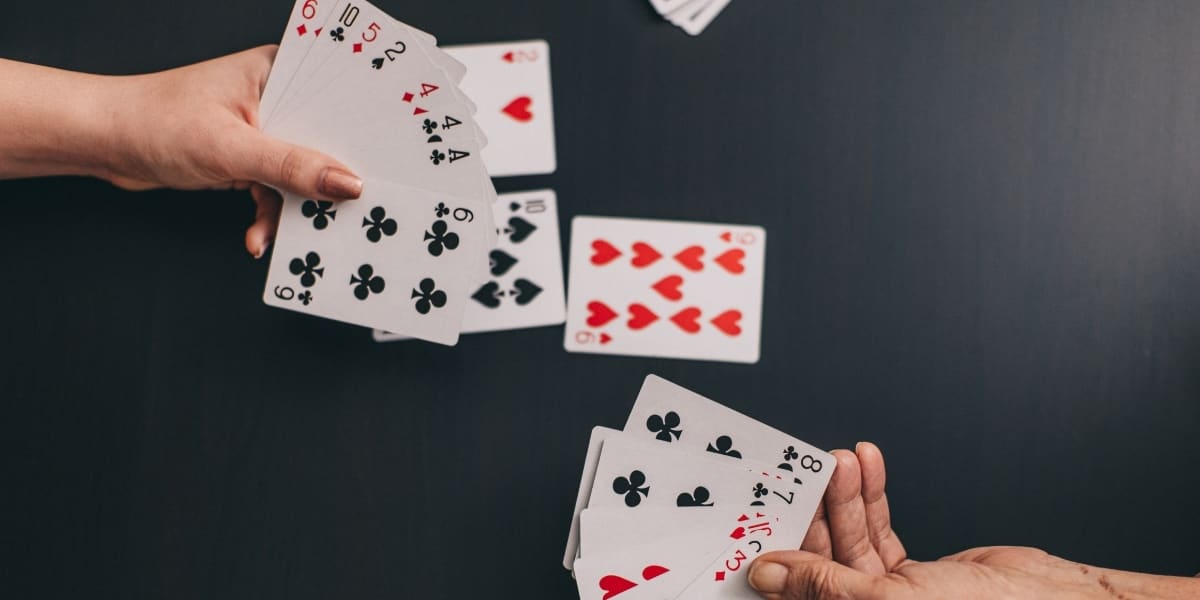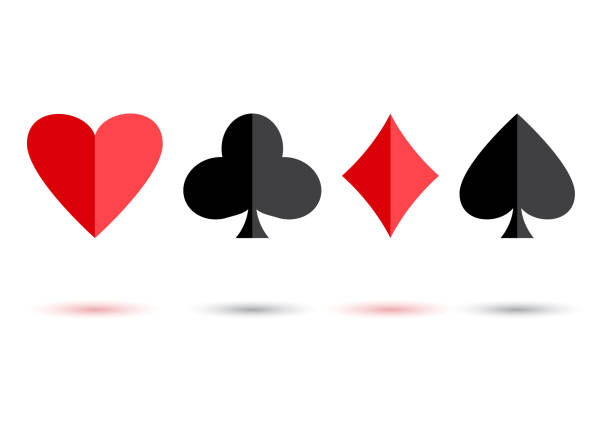
Every bridge beginner and even experienced player should know not only the rules of the game, but also all the terms and words that are used in it. Here are some of the most common bridge card game terms:
Alert – a notification that opponents may need an explanation. It is made immediately after the partner has made a bid with an unusual meaning or artificial.
Attack is the first move. This is done by the whisting player, who sits to the left of the player.
Bidding Box is a box on the game board that contains cards with bids printed on them. By choosing the desired card and placing it on the table, the player makes his bid silently.
Bluff is a deliberate bid that carries materially false information about a hand’s strength and/or suit length.
Block, blocking assignment, is a bid at a high level (usually with a double jump), with the goal of preventing opponents from trading. A block is made with few points and either on a long suit of six cards or with good support from a partner’s suit.
Dummy is a partner to the point guard.
Grand Slam – playing at level 7, i.e. a commitment to take all the take downs.
Kibitzer – a supporter, an observer. K. is deprived of the right to vote, and behaves as a disembodied spirit, so he can not be seen or heard.
Handbook:
- The basic six bribes, which must be taken by the playing side in addition to the contractually declared bribes. These bribes are not counted in the declaration of the contract level and in the calculation of the surrender result.
- The number of tricks, received by the whisting players, in which the giving of one more trick by the playing player means a let. For example, in contract 4♠ the book would be three tricks.
Quantitative signal is a whist signal indicating the number of cards in a given suit (usually even or odd).
Compensatory Record – the result of a change, awarded by a referee after such a violation of the rules that it’s impossible to continue the change to achieve a normal result.
Convention application is an application that has a special meaning unrelated to its denomination, according to an agreement – a convention. The same as an artificial application.
Convention card – a written description of the system of trade and conventions applied by a pair.
Contra – a bid that increases the value of the entry for the performance or loss of a contract.
Contract is the obligation of a pair to take a certain number of bribes in a particular denomination.
Control
- A hand feature that prevents opponents from choosing bribes in a particular suit. An ace is considered to be a first-class control, a king a second-class control. In trump contracts, renounces and singletons are also considered first- and second-class controls, respectively.
- In some conventions, control is the numerical characteristic of the highest piece, the ace or king. Usually, a king counts as one control, while an ace can correspond to two or three.

Major is one of the higher suits: spade (♠) or hearts (♥). The premium for a contractual bribe in a major is 30 points.
Small slam is a game at level 6, i.e. an obligation to give no more than one bribe. A small slam is also sometimes called a “”schlemiek”” – in Polish parlance.
Minor is one of the minor suits: clubs (♣) or diamonds (♦). The premium for a contract bribe in a minor is 20 points. Stacker is a place to keep the change that is not involved in the current round of the competition.
A natural bid is a suit bid with at least four cards, or a no-trump bid indicating an even deal. Also, a counter expressing a desire to put opponents away (a penalty counter).
Recontra is a bid which additionally increases the value of the entry for making or losing a contract after a contra. It can be made if the preceding denomination bid was a contra on the opposing side. A subsequent assignment on either side cancels both the contra and the recontra, but may also be countered and recontracted.
Recontra-SOS is a redoubled calling for a partner to choose another suit to play, because the player considers the completed contract unprofitable and cannot reasonably choose his own suit.
Sink-Off – a bid on which it is proposed to pass, the final choice of contract.
Free position – a situation in which the trading system does not oblige player A to make a meaningful bid in a trade, but allows him to pass. The free position occurs after a non-forcing bid from the partner. Also, after a partner’s forcing bid, if the opponent sitting behind the forcing partner made a significant bid, this ensures that the trade does not fade on that round and player A can in principle pass. Thus his significant bid will carry some information about the additional values of his hand.
Own play is an accurately executed contract, without overbidding bribes.
Move is the first card played in the bribe.
Singlet, singleton – a single card in a suit.
Trading system is a set of agreements between a pair regarding the legal exchange of information about their cards during a trade. It is based on the fact that each bid carries information about the strength range, length of some suit(s), availability of certain cards, etc.
Squeeze is a trick of dealing that forces one or both of the whisting players to capture a delay and thus gain a payoff on the threat card.
Showdown is the play of a suit card that is neither a bribe exit suit nor a trump. It can be made in the absence of an exit suit. Such a card cannot take a bribe in any way.
Seniority of Suits – It would be more accurate to say “Seniority of Denominations”. The order of denominations was established for trading purposes. The highest denomination is no trump, followed in descending order by spades, hearts, diamonds and clubs. An assignment in some denomination may be overridden by an assignment at the same level in a higher denomination, but not vice versa.
Table – Cards placed on the table by the chump after a trade and attack have ended. Also refers to a sort of virtual player playing these cards (in reality they are dealt by the player playing them). For example, if another bribe is taken by a card laid from the chump, you can say this in the following terms: “The table has taken a bribe” or “A move from the table” (meaning that the next move must be made from the table).